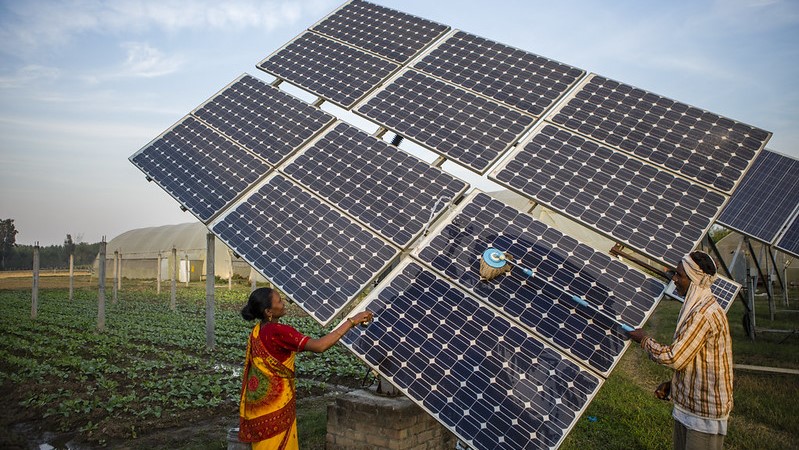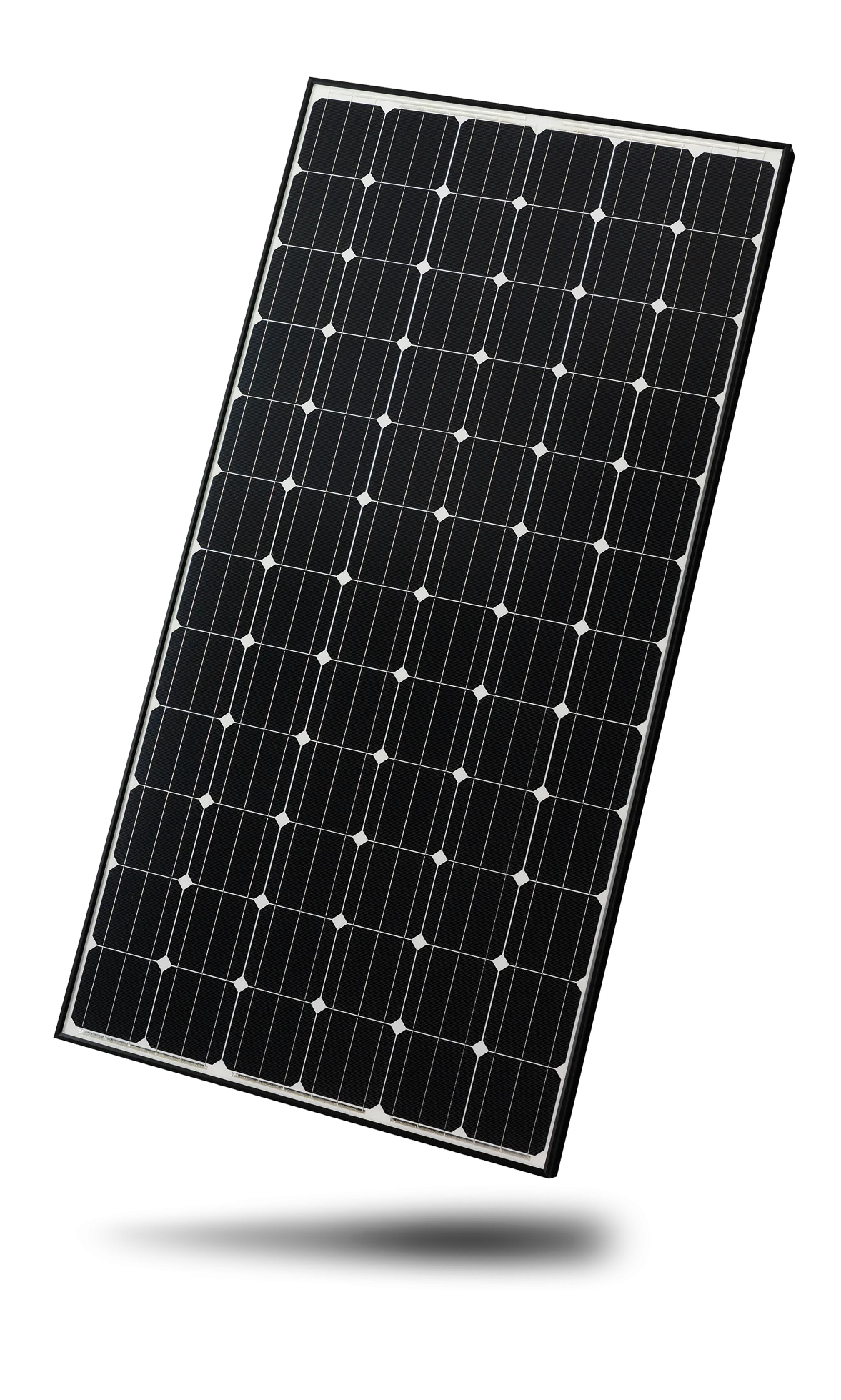The adoption of solar panels for homes has been rising rapidly in India. With falling solar panel prices and easy solar panel installation, more households are switching to solar systems for houses to save on electricity bills and contribute to a greener planet. However, one important question remains: What happens when solar p
The adoption of solar panels for homes has been rising rapidly in India. With falling solar panel prices and easy solar panel installation, more households are switching to solar systems for houses to save on electricity bills and contribute to a greener planet. However, one important question remains: What happens when solar panels and related equipment reach the end of their life cycle? This is where solar recycling and e-waste laws come into play.

A standard solar panel has a life span of 20–25 years. After that, panels, solar inverters, and even solar battery storage systems may no longer perform efficiently. If not disposed of properly, they contribute to e-waste, which can harm the environment.
Recycling ensures:
India has been tightening its e-waste regulations under the E-Waste (Management) Rules. As solar panel manufacturers in India scale up production, they must also ensure safe disposal and recycling of end-of-life solar equipment.
Key highlights:
As a homeowner using the best solar panels or looking for affordable solar panels, you should:
The government is working to strengthen recycling infrastructure so that by the time large volumes of panels reach end-of-life (after 2035), the country will be prepared. With eco-friendly practices, India can balance the benefits of clean energy with responsible waste management.
